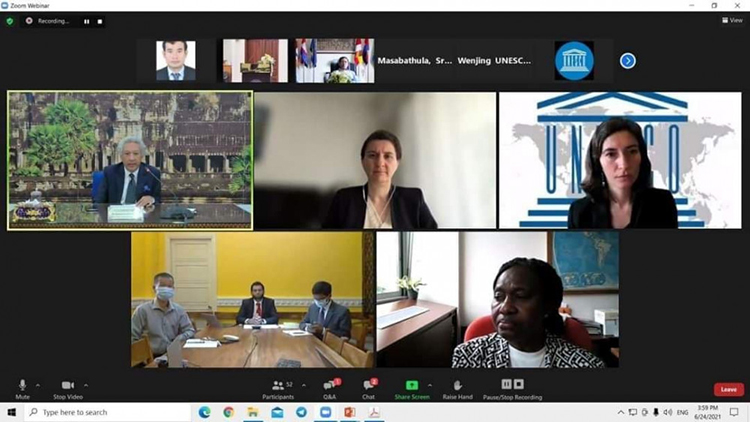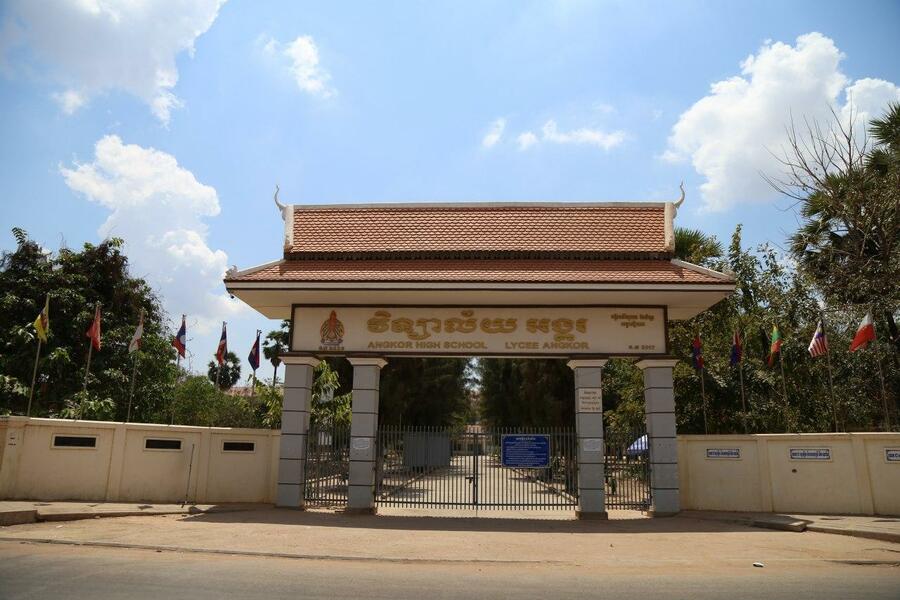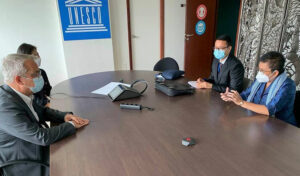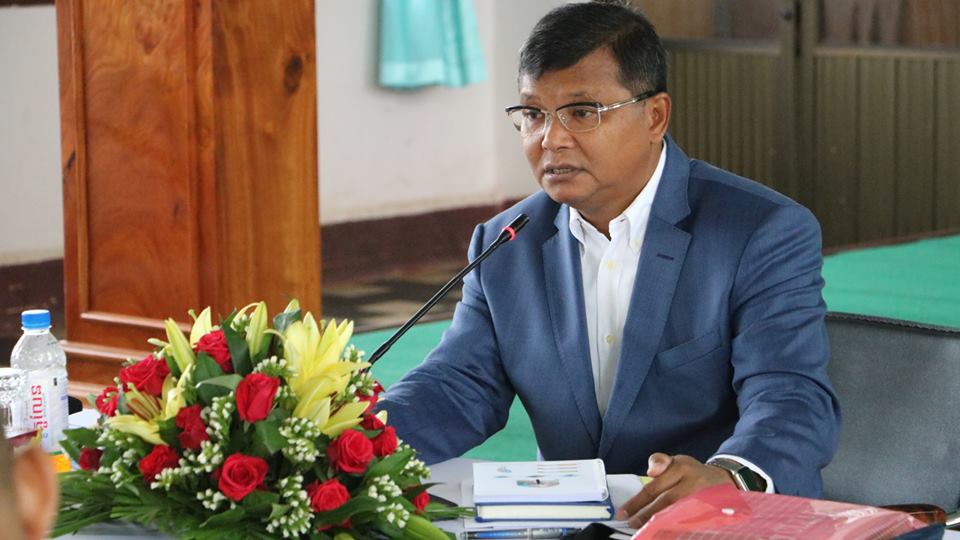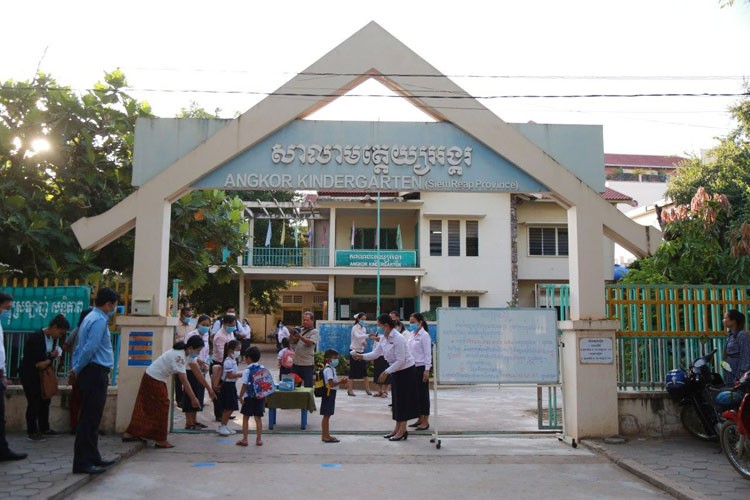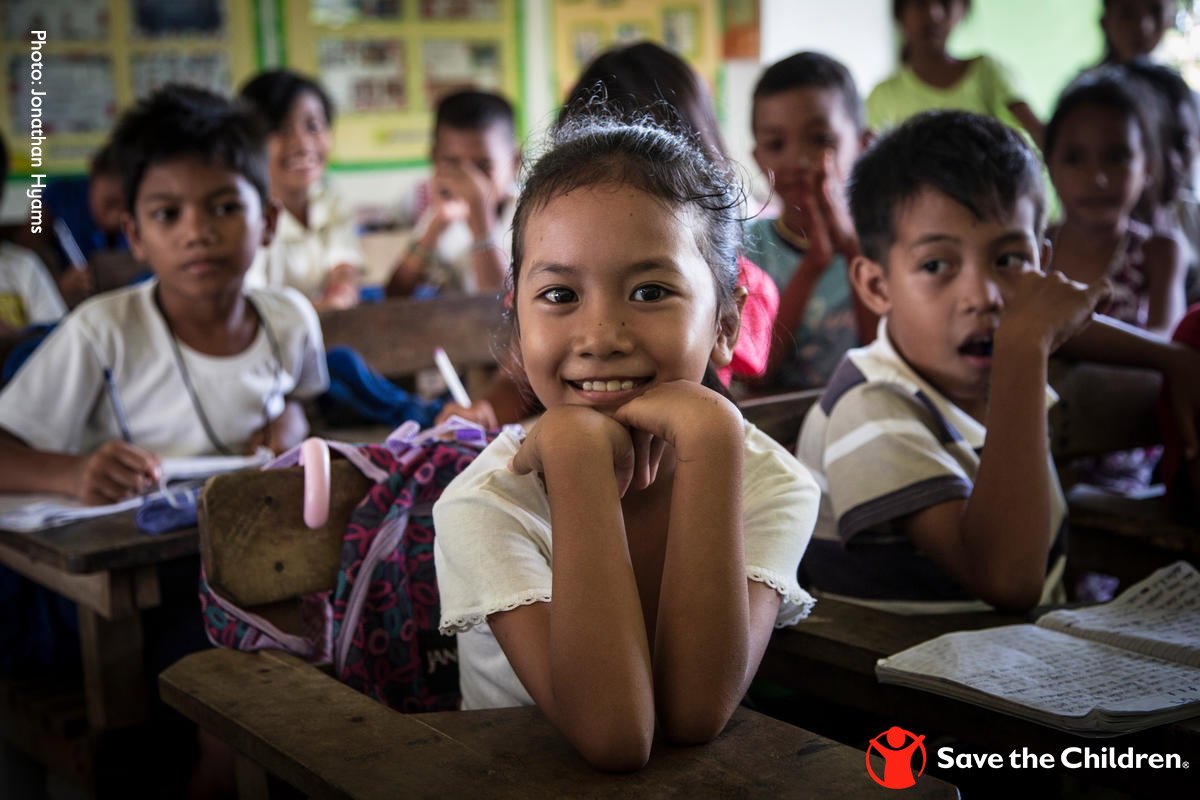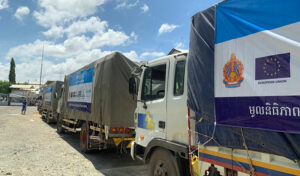Cambodia, UNESCO launch GO-SPIN study to steer science, technology and innovation sector
The Ministry of Industry, Science, Technology & Innovation (MISTI) and UNESCO office in Cambodia launched the GO-SPIN study to steer science, technology and innovation sector in the Kingdom.
The launching ceremony took place recently via Videoconference under the presidency of Senior Minister and Minister of Industry, Science, Technology & Innovation, Cham Prasidh; Director of Science Policy and Capacity-Building Division, UNESCO Headquarters in Paris, Ms Peggy Oti-Boateng; and UNESCO Representative to Cambodia, Mr Sardar Umar Alam.
More than 50 participants joined the virtual launching event, which included representatives from line ministries, embassies, development partners, associations, and relevant national STI stakeholders. During the event, technical working group of MISTI shared the context of STI ecosystem in Cambodia and the scientific experts from UNESCO introduced the elements of the GO-SPIN methodology for mapping of research and innovation, and the main aspects of GO-SPIN Country Profile.
During welcome remarks, Mr Umar Alam commended the Royal Government of Cambodia’s efforts in positioning STI as a national priority through transformation of the Ministry of Industry and Handicraft to MISTI, even during the COVID-19 pandemic, to drive scientific, social and economic progress in Cambodia. Mr Umar noted that “investing in STI, giving it a priority for budgetary support – financing for science – is an urgent necessity for human resource development, and to strengthen economic competitiveness and environmental resilience.” He highlighted that the timely launch of the GO-SPIN initiative in Cambodia will enable leveraging STI to foster social inclusion by designing technological solutions that are accessible and affordable for all.
Ms Peggy Oti-Boateng, Director of Science Policy and Capacity-Building Division, addressed that “the novelty of the methodology for the development of GO-SPIN country profiles will not only gather information and make an in-depth mapping of the current STI status, but also provide strategic recommendations and advice to the government towards building a sustainable STI environment.”
Prasidh emphasised that “the GO-SPIN Country profile for Cambodia is our priority, a tool to measure the current level of national advancement and identify the progress and bottleneck in STI in Cambodia. I do wish the GO-SPIN committees a successful mission.”
The GO-SPIN Country Profile for Cambodia will provide decision-makers, parliamentarians, universities, private sector, specialists, and the general public with a wide-ranging set of diverse information on STI ecosystem in Cambodia. The study will serve as one of the main policy documents for STI actors to shape and nurture National Innovation System (NIS) in Cambodia. Through a participatory and inclusive approach, UNESCO and MISTI will work closely with all STI stakeholders to finalise the GO-SPIN Country Profile for Cambodia by the end of 2021. Heng Panha – AKP

